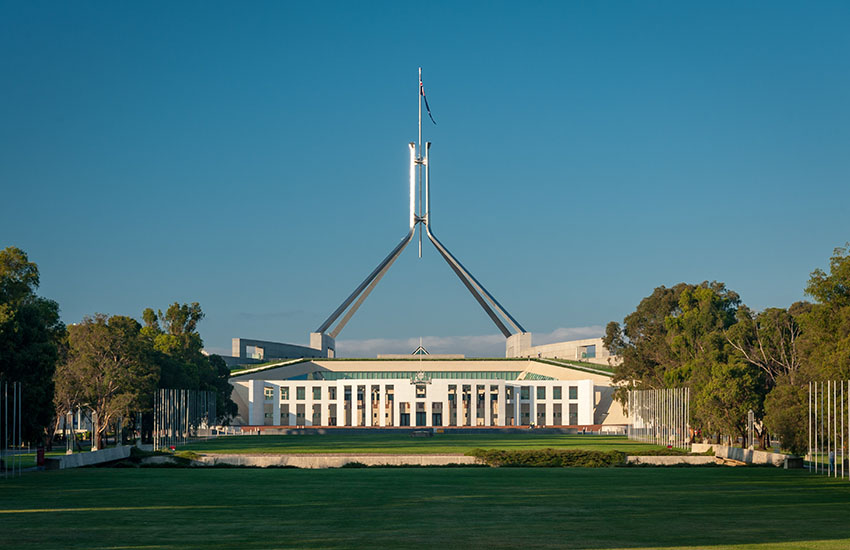Just over half of SMSF professionals in a recent straw poll have stated that at least some of their clients are considering adding additional members to their fund, provided the six-member SMSF bill is passed.
26 June 2025
New Broker Academy 2025
Uncover a new world of opportunity at the New Broker Academy 2025If you’re ready for a career change and are looking...
KNOW MORE
 Login
Login







